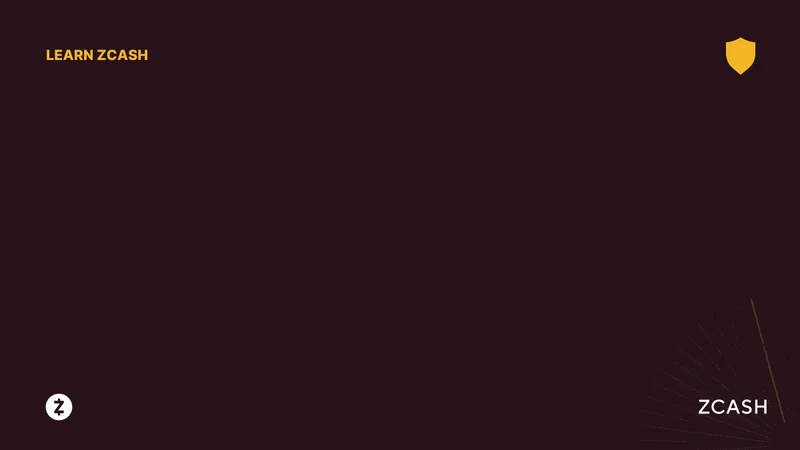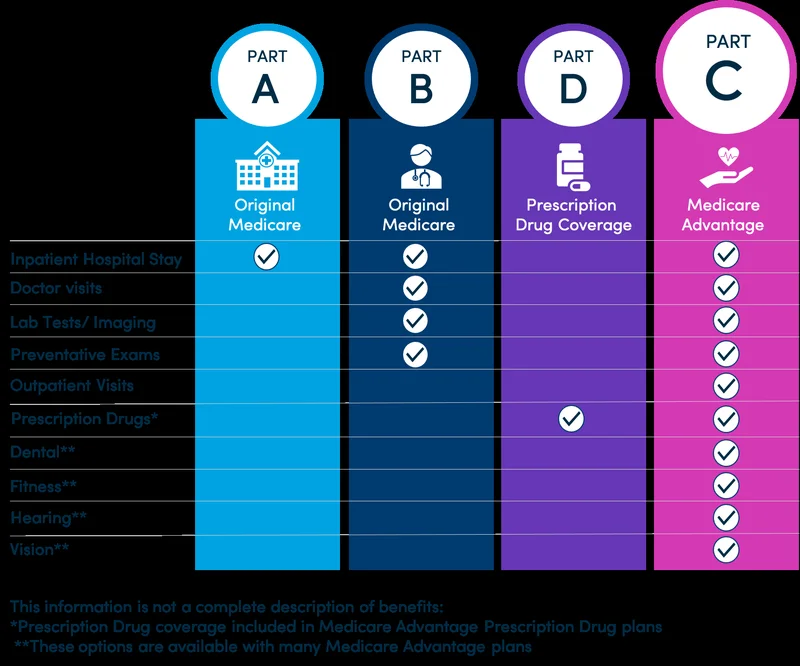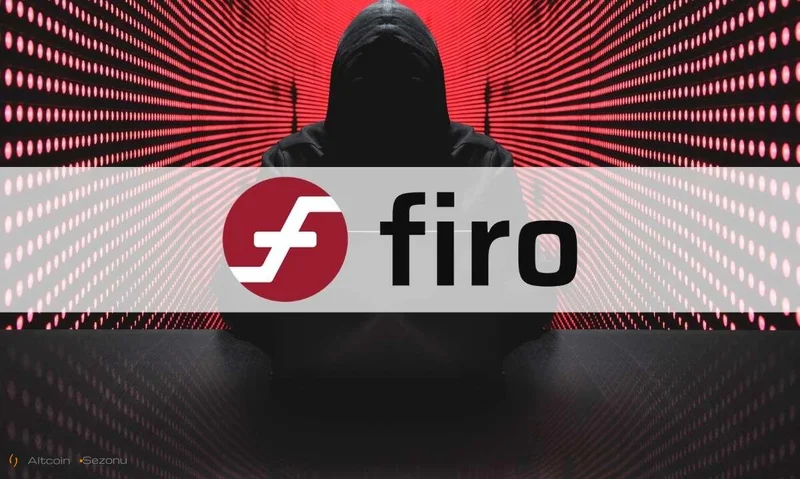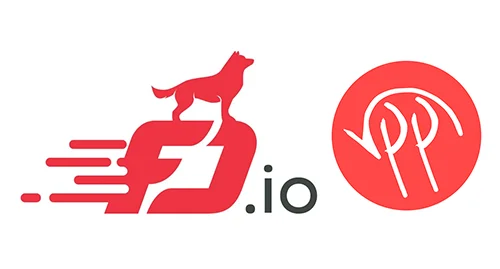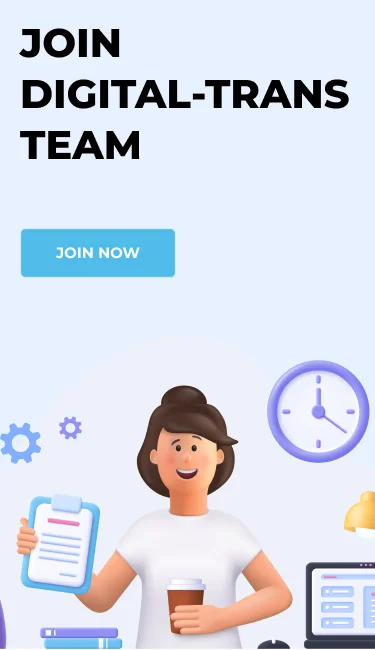World Liberty Financial & Trump's Pardon: What We Know – What Reddit is Saying
Trump's Crypto Pardon: A Glitch in the System, or a Glimpse of the Future?
Okay, folks, buckle up. This whole Trump-Zhao-World Liberty Financial saga is wild, I know. You've got pardons, crypto, potential conflicts of interest... It’s easy to get lost in the weeds of political intrigue and corruption charges. I’ve read the headlines, seen the accusations, and honestly, it's tempting to just throw up my hands and say, "Another day, another scandal." But I think there's something much bigger happening here, something that could reshape how we think about finance, power, and even the very nature of trust.
Forget the partisan noise for a second. Forget the "he said, she said" of who knew what and when. Let's zoom out and look at the underlying forces at play. What we're seeing is a collision between the old guard of centralized finance and the emerging world of decentralized crypto. It’s messy, it’s complicated, and yeah, it’s got some seriously shady characters involved. But that doesn't mean we should dismiss the entire thing as just another example of corruption.
A Paradigm Shift in Progress
The core issue, as I see it, is this: The old rules don't apply anymore. We're moving into a world where value can be created and transferred outside the traditional banking system, where power is becoming more distributed, and where the gatekeepers of the past are scrambling to maintain control.
Think about it: Zhao, a guy who pleaded guilty to failing to prevent money laundering, gets a pardon shortly after his company helps a Trump family venture launch a cryptocurrency. Lawrence Lessig, the Harvard law professor, is right to point out the potential for corruption, saying, "There's always been money in politics, but there's never been money at the level that you have it today." But is it really that different from the old system? Haven't powerful people always used their influence to benefit themselves and their allies? The difference now is that crypto offers a new way to play the game, a way that bypasses the traditional channels and creates new opportunities for both good and bad actors.
And that's where things get really interesting. Because while the headlines are focused on the potential for corruption, I'm seeing something else: the potential for disruption. The fact that an Emirati fund put $2 billion into World Liberty crypto, a currency that had only been on the market for five weeks, is, as one source put it, "nuts." But it also shows the power of crypto to create value and move capital at lightning speed. Imagine a world where anyone, anywhere, can access financial services without having to go through a bank. Imagine a world where entrepreneurs can raise capital directly from their communities, without having to beg for permission from venture capitalists. This is the promise of decentralized finance, and it's a promise that's worth fighting for.
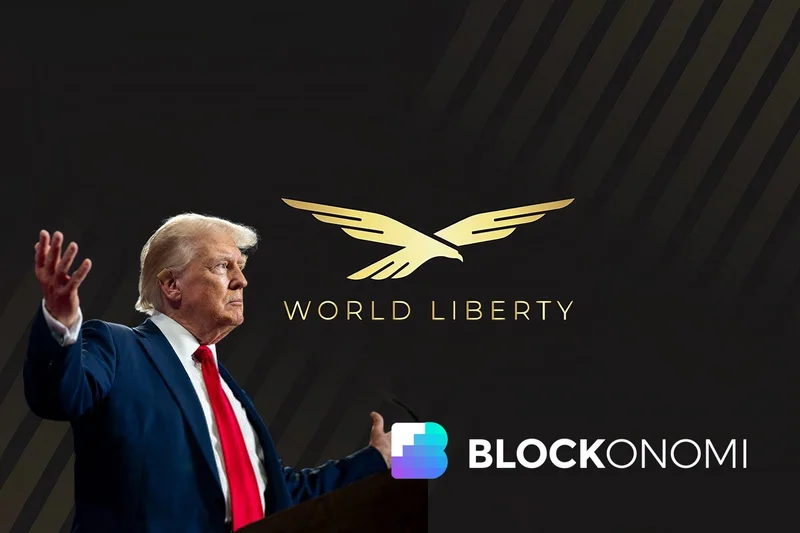
Of course, there are risks. As Elizabeth Oyer, the former head of pardons at the Justice Department, warns, this kind of influence peddling undermines the very foundations of our democracy. You can learn more about the concerns surrounding this pardon in Trump pardon of crypto billionaire sparks concerns over his use of the pardon power. And she's right. We need to be vigilant about preventing corruption and ensuring that the rules of the game are fair for everyone. But we can't let fear of the bad actors blind us to the potential of the technology itself.
This whole situation, with the Trump World Liberty Financial and the pardon, it's like the early days of the internet. Remember all the fears about online scams, illegal activity, and the potential for misuse? All those fears were valid, but they didn't stop the internet from transforming our world. In fact, they spurred us to create new laws, new technologies, and new social norms to ensure that the internet could be used for good.
And that's what we need to do with crypto. We need to embrace the potential for innovation and empowerment, while also addressing the risks and challenges. We need to create a regulatory framework that protects consumers, prevents fraud, and ensures that crypto is used for legitimate purposes. But we can't stifle innovation with overly burdensome regulations or try to shoehorn crypto into the old system. We need to think differently, to be open to new possibilities, and to be willing to experiment.
What does it all mean for you? Well, maybe you're wondering about investing in crypto. That's something you'd have to decide for yourself. The volatility of the market is definitely something to consider. But more importantly, what could it mean for you? Imagine being able to send money to your family overseas without paying exorbitant fees. Imagine being able to invest in projects you believe in, without having to be a wealthy venture capitalist. Imagine being able to control your own data and your own digital identity. That's the power of crypto, and it's a power that could transform your life.
I know it's a lot to take in. It's a complex, rapidly evolving field, and it's easy to feel overwhelmed. But I also know that the future is being built right now, and that crypto is going to play a major role in shaping that future. So let's not get bogged down in the scandals and the political intrigue. Let's focus on the big picture, on the potential for innovation and empowerment, and on the opportunity to create a more just and equitable world.
The Dawn of Decentralized Power
Related Articles
Zcash's Big Price Pump: What It Is, Why Everyone's Suddenly Talking, and If You Should Care
So, the ghost in the machine is twitching again. Zcash (ZEC), the crypto world’s Schrödinger's cat o...
The Internet's Obsession With Julie Andrews: Why Everyone's Asking If She's Still Alive and What Her Legacy Really Is
So, Julie Andrews is 90. Is Julie Andrews still alive? Yeah, she is, and the internet is currently f...
The UnitedHealthcare Medicare Advantage Mess: What's Happening to AARP Plans in 2026
So UnitedHealth, a company literally based here in Minnesota, just told a huge chunk of its Minnesot...
Firo's 450% Surge: Can it Finally Break Resistance?
Generated Title: FIRO's Privacy Surge: A Glimpse into a Future Where Crypto Empowers Us All Alright,...
The OpenVPP & SEC Controversy: What Really Happened and What It Means for Crypto's Future
It started, as so many stories do now, with a single image posted to the digital town square. A phot...
TransUnion Data Breach: What Happened and How to Freeze Your Credit
The number, when it finally arrived, was 4.4 million. On August 28, TransUnion, one of the three pil...
